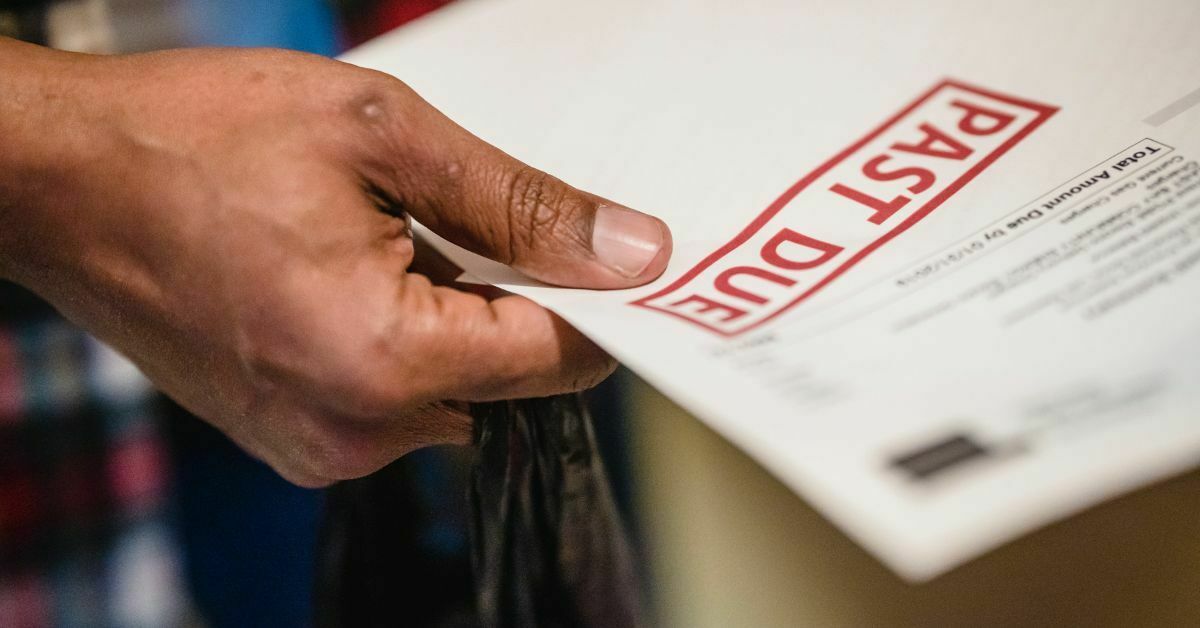
Thinking of managing your debt through a debt consolidation loan? When taking on a debt consolidation loan, certain risks may be associated with taking out such a loan. Such as possibly acquiring more debt than initially planned. While debt consolidation may help those manage their debt more effectively, reduce their monthly instalments and save money. There may also have financial ramifications if not handled properly. Below we will look into the possible high risk of debt consolidation loans.
Key takeaways
- High-Risk Loans: High-risk debt consolidation loans cater to individuals with poor credit records, featuring high interest rates and substantial fees. If not managed carefully, they can exacerbate financial difficulties.
- Credit Impact: Timely repayment of high-risk debt consolidation loans can improve your credit score. However, missed payments can harm your credit record, making future loan applications more challenging.
- Fees and Collateral Risks: These loans often come with various fees, and if they are secured by collateral, defaulting can lead to the loss of assets such as your home.
What is Debt Consolidation?
Debt consolidation involves combining multiple debts into a single loan or payment plan, often with the goal of securing a lower interest rate, reducing monthly payments, or simplifying finances. This can be achieved through a personal loan, balance transfer credit card, or a debt management plan, and it aims to make debt repayment more manageable and cost-effective.
How Does Debt Consolidation Work?
When you are approved for a debt consolidation loan after meeting specific risk criteria, your lender will pay off your existing debts and merge them into a single, larger loan. This simplifies repayment and can reduce administrative costs.
A debt consolidation loan typically has a longer term than your original credit accounts, which lowers your monthly payments and makes them more manageable. However, this extended term means you will pay more in interest over time, making the overall debt more expensive. Therefore, it’s important to try to pay off your debt as quickly as possible, even if the consolidation loan initially makes your monthly payments more affordable.
Once your existing debts are paid off, your loan accounts, such as personal loans, are closed. However, your store and credit card accounts remain open, although it may be wise to close these if you’ve struggled with debt management.
Benefits of Debt Consolidation
- Simplified Payments: Combines multiple debts into a single monthly payment, making it easier to manage.
- Lower Interest Rates: May offer a lower interest rate than your existing debts, reducing the overall cost.
- Reduced Monthly Payments: Can lower your monthly payments by extending the loan term.
- Improved Credit Score: Paying off multiple debts can improve your credit score if managed responsibly.
- Less Stress: Simplifies your financial obligations, reducing stress and improving financial clarity.
Risks Associated with Debt Consolidation
- Higher Total Interest: Extending the loan term can increase the total interest paid over time.
- Fees and Costs: May involve additional charges, such as origination fees or balance transfer fees.
- Potential for More Debt: Without disciplined financial habits, there’s a risk of accumulating more debt.
- Impact on Credit Score: Applying for a new loan can temporarily lower your credit score.
- False Security: The ease of a single payment might create a misleading sense of financial security, leading to poor spending habits.
During financial hardship, it’s essential to know How to Claim Unemployment Benefits to ease the burden of debts.
What Are High-Risk Debt Consolidation Loans?
High-risk debt consolidation loans are financial products available to individuals with poor credit scores or unstable financial situations. These loans generally come with higher interest rates and unfavourable terms to offset the lender’s risk. They may also include substantial fees, penalties, and strict repayment conditions. While they can offer temporary relief by combining multiple debts into a single payment, they can cause additional financial strain if not managed carefully.
Your Credit Score and High-risk Debt Consolidation Loans
When taking out a debt consolidation loan. Your run a high-risk regarding debt consolidation loans to either improve or damage your credit score. Failing to meet your repayments will hurt your credit score and affect any potential loan you may need. However, honouring your repayments early and paying larger sums than the minimum required will benefit your credit score indefinitely.

Poor Credit Score and Interest Rates
A poor credit score will result in you possibly not qualifying for such a loan. Additionally, you may be subjected to higher interest rates due to bad credit. Lenders will access and assess your ability to repay a loan and verify your ability to pay back the loan through your credit score. Additionally, they will charge fees and rates accordingly to your credit score and other factors. Hence, you should ensure you can honour your monthly repayment plans with your credit provider.
Fees Associated with High-risk Debt Consolidation Loans
Certain loans will have rates and fees associated with them. These range from upfront payment fees such as balance transfers, late fees, and closing costs to annual fees. Consider its potential fees before applying for a debt consolidation loan.
The Use of Collateral
The risk of losing your collateral, if you have secured a loan this way, you should keep in mind failing to pay this loan will result in the lender taking possession of such assets.
If you’re considering consolidating high-risk debt but unsure which provider to trust, our in-depth Afriskuld Review covers everything you need to know about one of South Africa’s leading debt counselling services.
About Arcadia Finance
Arcadia Finance streamlines the process of acquiring a loan, enabling you to submit a no-cost application and receive proposals from as many as 19 lenders. We guarantee that all our partners are reliable and adhere to South Africa’s National Credit Regulator standards.
Failing to Honour Repayments
When your fall short or miss payments, you will usually have to pay late fees and penalties. However, failing to pay such funds will result in additional charges, such as returned payment fees. These fees will overall increase the initial total cost of your loan. Not paying entirely within 30 days will lead lenders to report you to the credit bureaus. Once reported, your credit score will be affected and ruin future applications for potential loans.
Alternatives to a Debt Consolidation Loan
If you’re unable to secure a debt consolidation loan with a lower interest rate than what you’re currently paying, consider these alternative options.
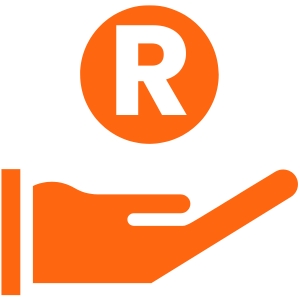
Self-Managed Approach
Taking control of your finances without outside assistance requires commitment and effort, but it can be done. You can adjust your budget, renegotiate your debts, or request a change in your payment dates.
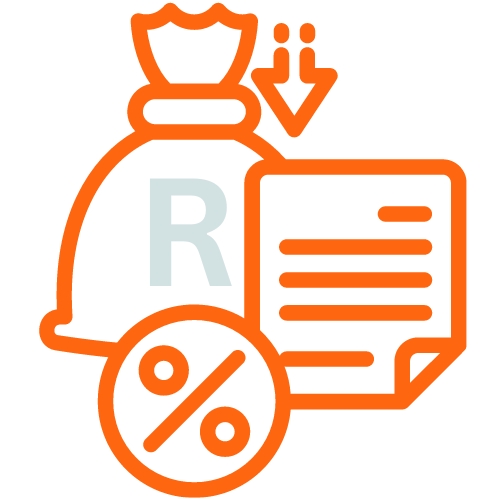
Debt Management Plan (DMP)
A DMP is a form of debt consolidation where you make a single monthly payment to a credit counselling agency, which then pays your creditors. These plans typically span three to five years and involve the agency negotiating on your behalf.
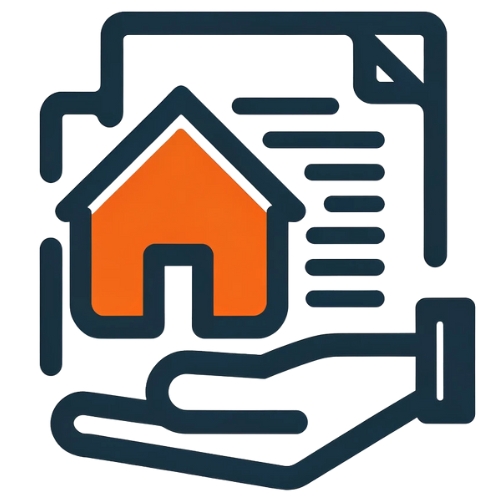
Home Equity
If you have substantial equity in your home, you might consider a home equity loan, line of credit, or refinancing to consolidate your debts. However, be aware that your home is at risk if you fail to make the required payments.
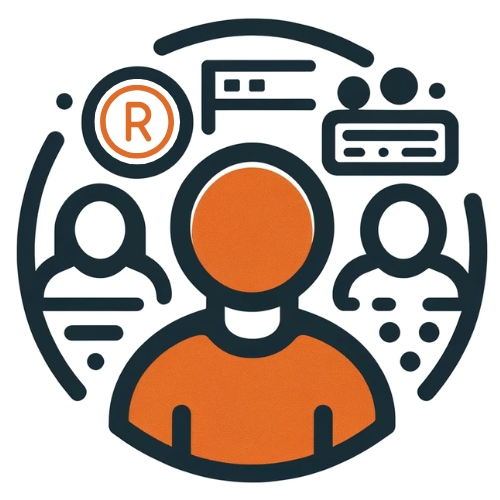
Credit Counselling
Engaging with a credit counselling agency can provide you with an intermediary to liaise with your creditors. Credit counsellors can help you understand your credit report, suggest ways to improve your credit score, and work towards financial stability.
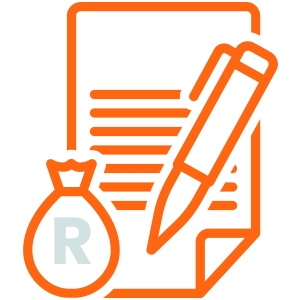
Debt Settlement
Debt settlement firms negotiate with your creditors to reduce the amount you owe, for a fee. Typically, you need to accumulate sufficient funds in an account with the settlement company before they begin negotiations, which may require you to default on your debts initially.
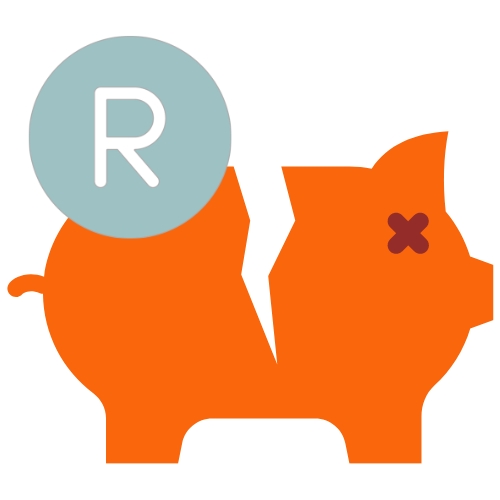
Bankruptcy
If you are facing severe financial difficulties and other options seem unfeasible, bankruptcy might be your last resort. Depending on the type of bankruptcy, you may need to surrender control of your assets to a bankruptcy court and relinquish most or all of your wealth.

When is a Debt Consolidation Loan a Good Choice?
A debt consolidation loan might be suitable for you if you identify with most of the following points:
- You’ve prequalified with a lender offering a lower interest rate than your current debts.
- You have several high-interest debts that are difficult to manage.
- You have a co-signer or co-borrower available and sufficient income to cover the monthly payments.
- You plan to avoid incurring new debt until your consolidation loan is fully repaid.
- Your high-interest debt isn’t due to poor spending habits, or those habits have been addressed and corrected.
- You have a reliable emergency fund that won’t be affected by the loan payments.
How to Apply for a Loan with Arcadia Finance
Applying for a loan at Arcadia Finance is straightforward and accessible. Start your application by visiting our website, where our dedicated and experienced team is available to assist you with any inquiries you might have throughout the process. We will require some basic information from you, including details about your income and expenses, as well as your desired loan amount and preferred repayment term. After submitting your application, our team will promptly review the details and respond with a decision as soon as possible.
Consolidating Debt has No Guarantee
Although debt consolidation may allow your debt to be more manageable and allow you to reduce your monthly payments, it does not, however, ensure that you won’t find yourself in debt once again. Living above your means or having a tendency to overspend, you may again find yourself in debt. Avoid this by limiting your spending within a budget and adhering to it to avoid overspending or acquiring more debt. The term is usually longer compared to that of a standard loan. Hence, the result is being in debt for longer than expected.
Conclusion
While high-risk debt consolidation loans can provide relief to those grappling with multiple debts, they come with substantial risks, such as high interest rates, assorted fees, and the potential impact on your credit score. It’s essential to thoroughly grasp these risks and establish a robust repayment strategy to prevent worsening financial challenges. Exploring alternatives and seeking guidance from credit counselling agencies can offer additional support and assist you in making a well-informed decision on the optimal approach to debt management.
Frequently Asked Questions
The minimum credit score required for a debt consolidation loan varies among lenders, but typically, a score of at least 620 is needed. However, some lenders may offer loans to individuals with lower scores, albeit at higher interest rates.
Yes, it is possible to obtain a consolidation loan with bad credit in South Africa. However, the terms are likely to be less favourable, including higher interest rates and fees. It’s crucial to compare offers from different lenders to find the most suitable option.
The primary risk of a debt consolidation loan is that it can prolong your repayment period, resulting in higher total interest payments. Additionally, without disciplined financial habits, there’s a risk of accumulating more debt, which could worsen your financial situation.
Debt consolidation can initially lower your credit score due to the hard inquiry from applying for a new loan. However, if managed effectively, it has the potential to improve your credit score over time by reducing your overall debt and facilitating easier management of payments.
Debt consolidation loans may include various fees such as origination fees, balance transfer fees, and late payment fees. It’s essential to carefully review all potential fees before accepting a loan to fully understand the total cost of consolidation.




